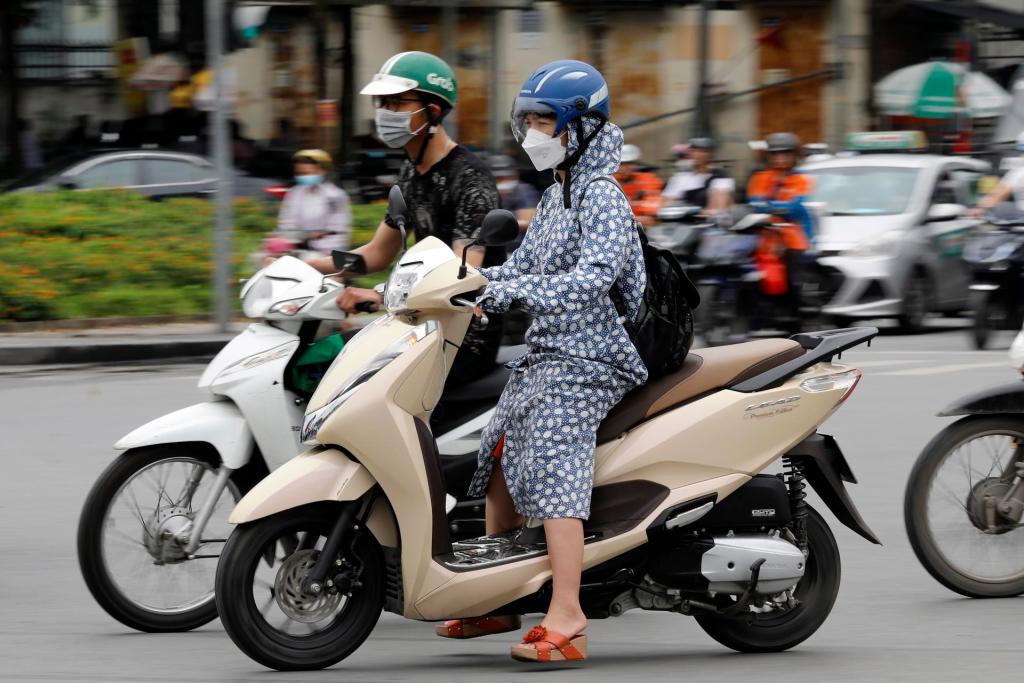Southeast Asia experiences record-breaking heatwaves, with Vietnam setting consecutive temperature records

A heatwave has hit Southeast Asia, with Vietnam breaking its all-time high temperature record in a row, leaving experts warning of the impact of climate change. Other countries also broke records.
As the world continues to warm, Asia is currently experiencing one of the most intense heatwaves on record, with Vietnam breaking its all-time record for the highest temperature for the second consecutive day, reaching 44.2ºC (111.56ºF) in the north of the country, ten percent more than the previous all-time high recorded a day earlier, the Vietnamese meteorological service reported Monday.
The new record of 44.2ºC (111.56ºF) was reached in the town of Tuong Duong in the province of Nghe An, near the province of Thanh Hoa where it reached 44.1ºC (111.38ºF) on Saturday and surpassed the record of 43.4ºC (110.12ºF) listed as the highest temperature ever reached in the country since 2019.
Experts warn that temperatures could still be surpassed due to the ongoing effects of climate change.
Sweltering heat has also hit other countries in the region, with Thailand’s province of Mak breaking its own record with 44.6°C (112.28ºF), a city in eastern Myanmar experiencing its highest temperature in a decade with 43.8°C (110.84ºF), and Bangkok seeing the hottest ever recorded temperature of 41 degrees Celsius (105.8 Fahrenheit).
The current heatwave is not only unprecedented but also dangerous, with temperatures rising to levels that can liquefy chocolate, soften crayons and cause the temperature inside a parked car to go past 60ºC (140°F).

The lack of air conditioning in many parts of the region is making life unbearable for many, particularly those in lower-income brackets who cannot afford the luxury of cool air.
In Vietnam, the heat is taking a toll on residents who are struggling to carry on with their daily routines. Many are being forced to stay indoors during the hottest hours of the day, with authorities advising people to take precautions to avoid heatstroke and dehydration.
The situation is expected to worsen as the region heads towards the summer months, which typically experience even higher temperatures.
The intensifying heatwave is a clear indication of the ongoing effects of climate change and the urgent need for action to reduce greenhouse gas emissions.
Failure to act will result in more extreme weather events, with devastating consequences for people and the planet.
With information from BBC News Brasil, The Washington Post and Agencia EFE.



